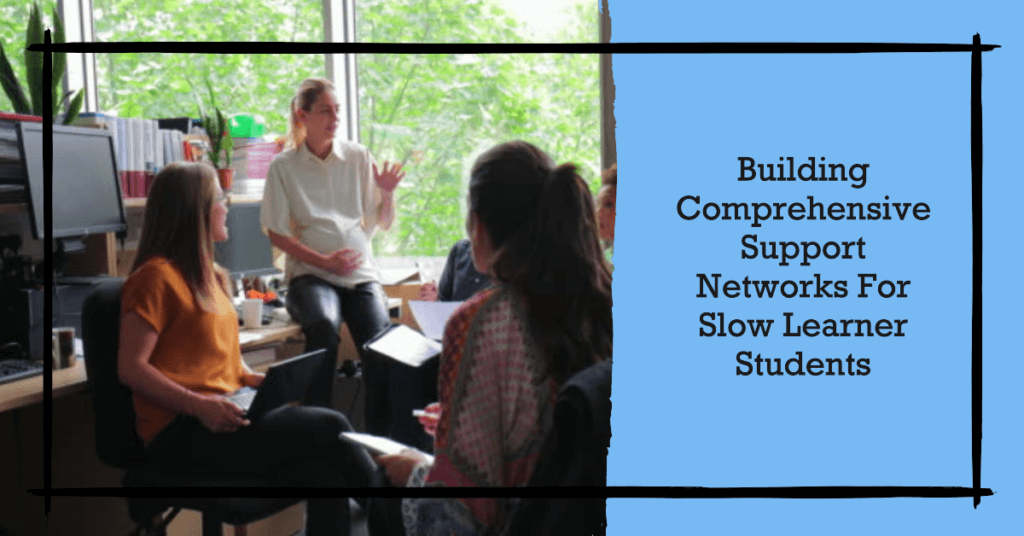Building Comprehensive Support Networks: A Teacher’s Guide to Slow Learner Success

As a teacher, you can play a crucial role in building a comprehensive support network for slow learners, both inside and outside the classroom. In this article, we will explore the key strategies and benefits of doing so. We will also address some of the common challenges and misconceptions that you may face when working […]
5 Ways Teachers Can Help Learners with Intellectual Disabilities (ID) in their Class

Intellectual disabilities (ID) are a group of conditions that affect a person’s cognitive abilities, such as learning, reasoning, and problem-solving. People with ID may have difficulties with communication, social skills, and daily living skills. ID can be caused by genetic factors, environmental factors, or a combination of both. Inclusion and support are essential for all […]
7 Ways Teachers Can Empower Learners with Specific Learning Disabilities (SLD)

Specific learning disabilities (SLD) are a group of conditions that affect how a person learns specific skills, such as reading, writing, or math. SLD are caused by differences in the brain’s structure and function, and are not related to intelligence, motivation, or environment. Some common types of SLD are dyslexia, dyscalculia, and dysgraphia. Dyslexia is […]
7 Ways Teachers Can Help Learners with ADHD in Their Classroom

Attention Deficit Hyperactivity Disorder (ADHD) is a neurodevelopmental disorder that affects how people think, act, and focus. It can make learning challenging for students, especially in a traditional classroom setting. Students with ADHD may struggle with attention, organization, impulse control, hyperactivity, and emotional regulation. As a teacher, you play a vital role in supporting learners with […]
Inside the World of Slow Learners: A Compassionate Guide for Understanding Their Challenges

Learning is a complex and individual process that involves various cognitive, social, and emotional factors. Some learners may face more difficulties or challenges than others in acquiring and applying new knowledge and skills. These learners are often referred to as “slow learners.” But what does this term mean, and how can we understand and support […]
